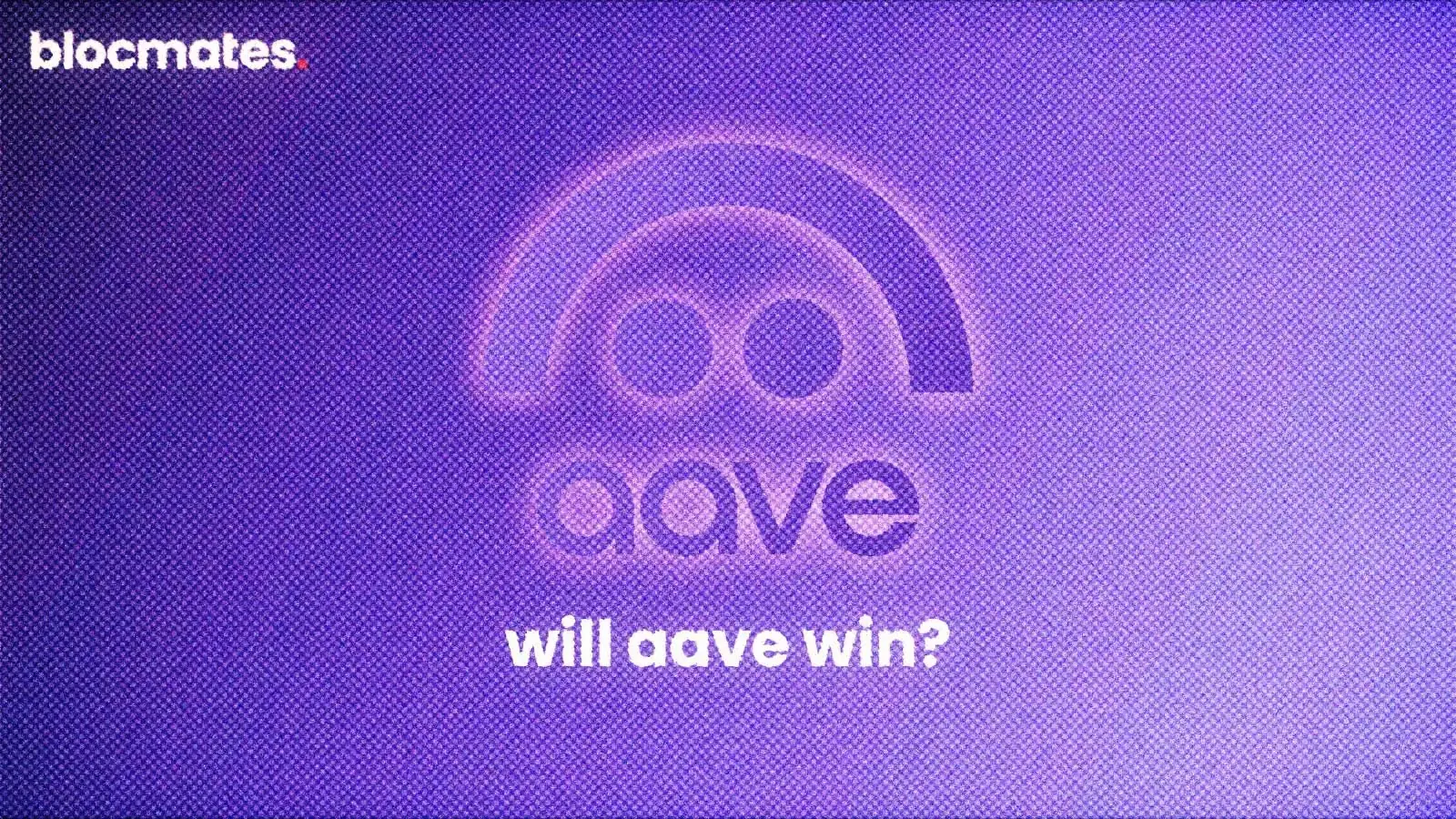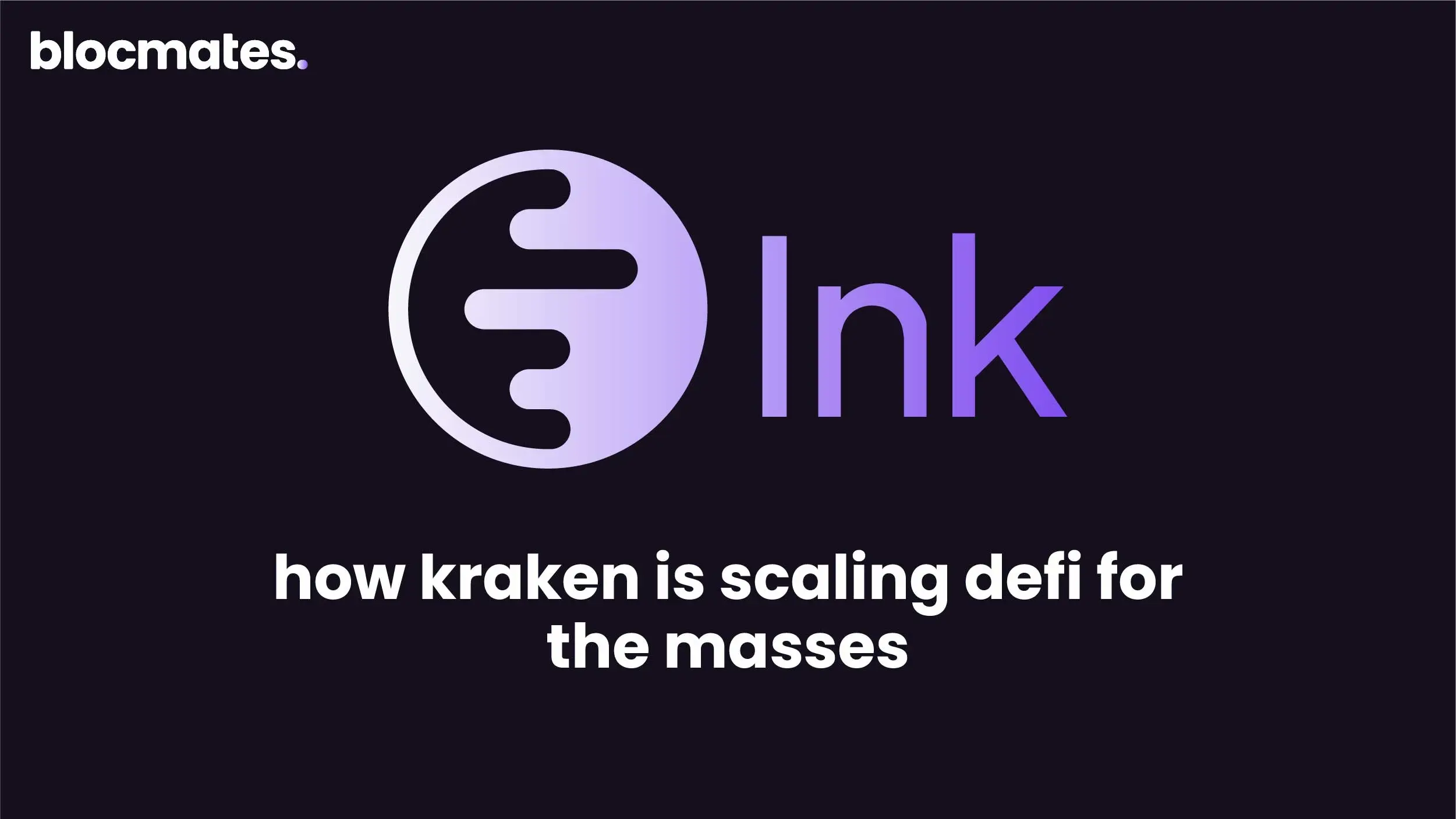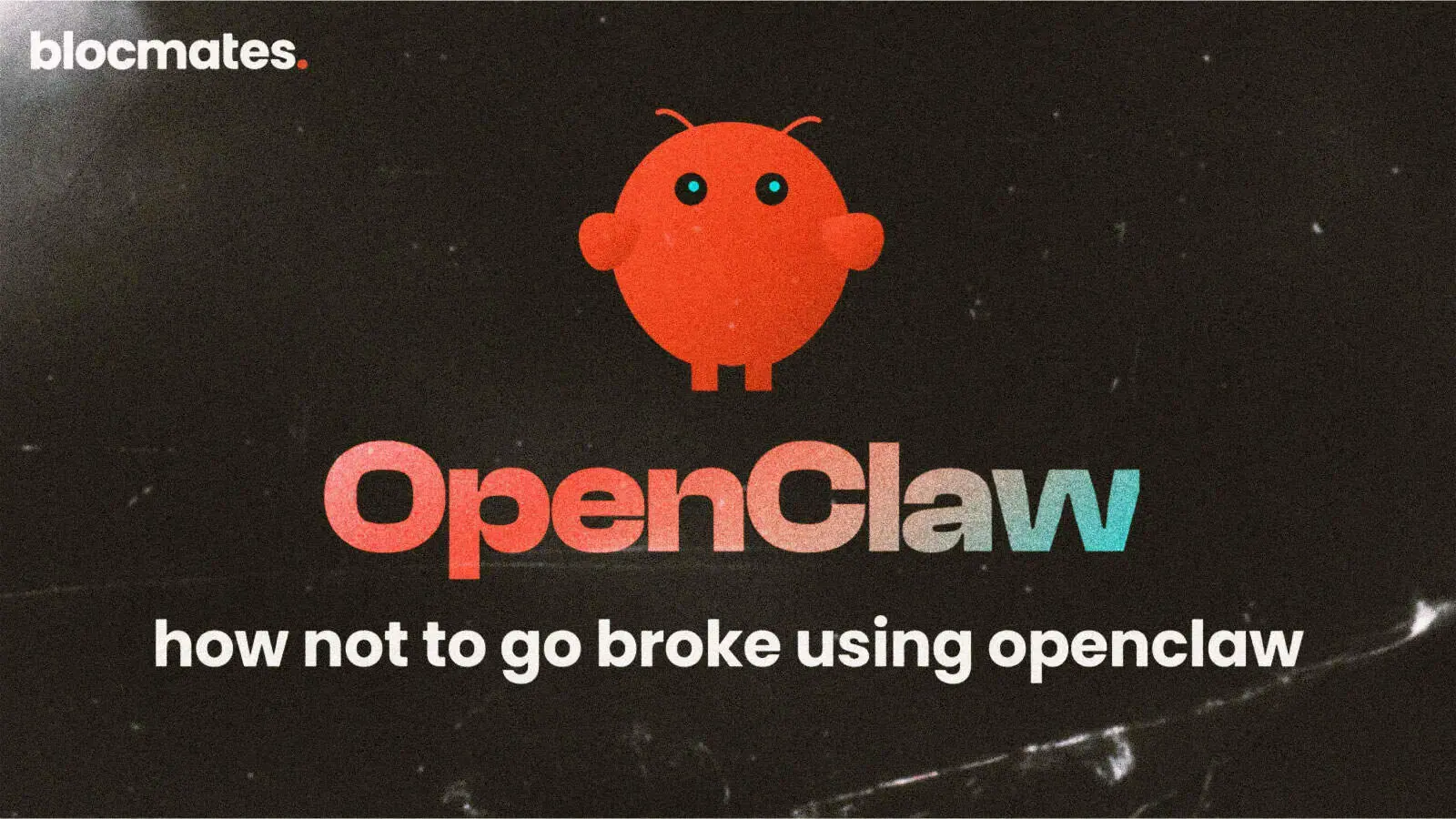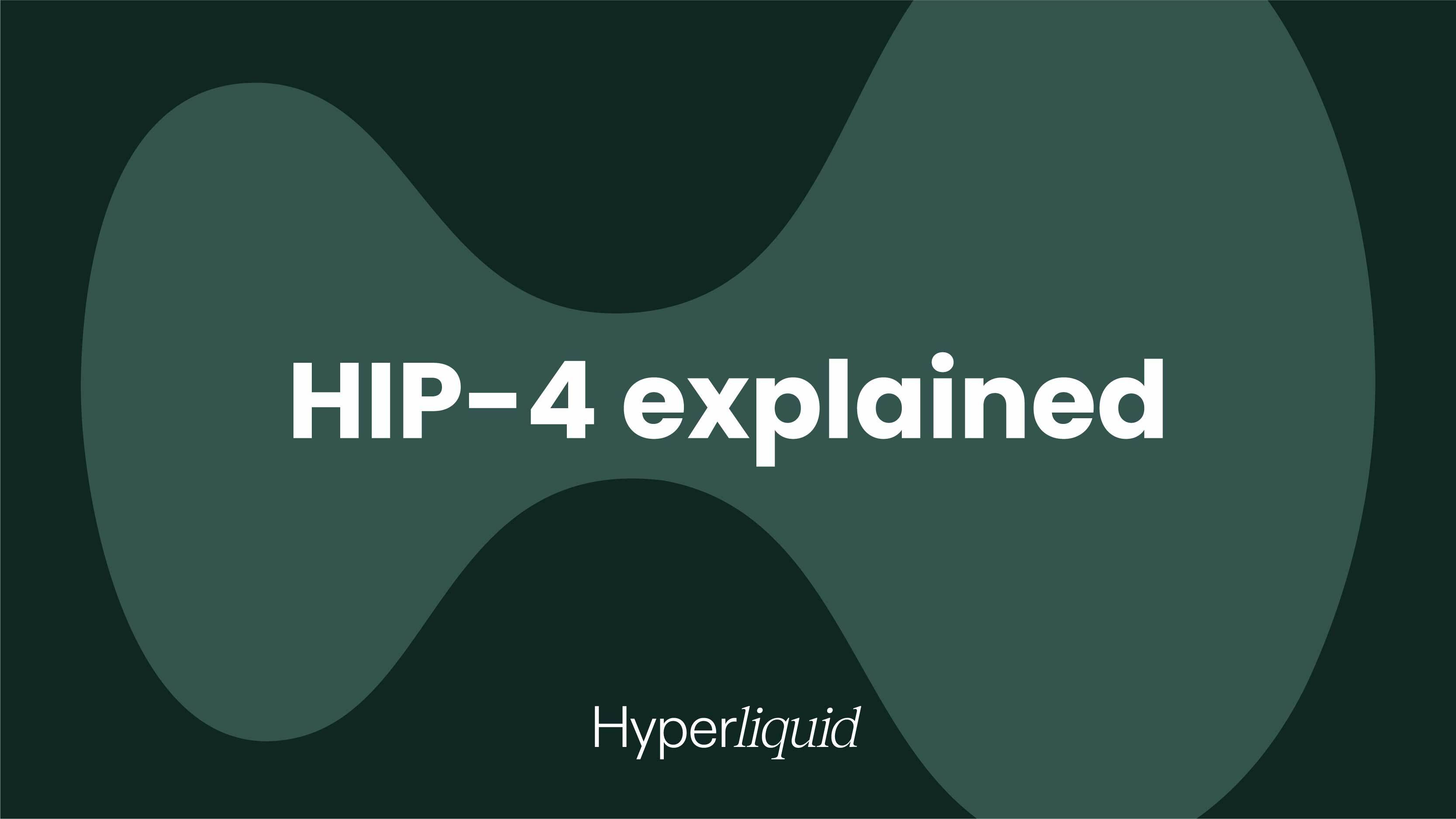Google introduces blockchain-based zero-knowledge proof (ZKP) age verification to its Wallet service, starting with apps like Bumble.
Background
- Google announced a new upgrade to its Wallet service that leverages zero-knowledge proofs (ZKPs) to verify users' ages without exposing personal data such as birthdates.
- The system uses blockchain-based ZKP technology, a privacy-preserving method that confirms facts (like being over 18) without revealing the underlying information.
- This move addresses growing demands for secure digital identity tools across age-restricted platforms, including dating apps, e-commerce sites, and social media.
Why should you pay attention?
- Privacy-preserving identity solutions are gaining traction as regulatory pressure around digital privacy intensifies globally.
- By integrating ZKPs into a mainstream product, Google marks a significant step in bringing advanced blockchain tech to everyday users.
- This could also drive broader Web3 adoption by familiarizing millions with real-world applications of cryptographic tools, without needing to understand the underlying mechanics.
Who said what?
- Google stated in its release:
“We wanted to develop a system that not only verifies age, but does it in a way that protects your privacy.”
- The company confirmed Bumble will be among the first partners to implement the ZKP-based system, enabling users to verify their age without uploading ID documents.
- Google emphasized that the system functions across platforms using its Digital Credential API, meaning other apps and websites can integrate the functionality for seamless verification.
Zooming out
- Zero-knowledge proofs are widely viewed as one of the most promising innovations in cryptography, but adoption has remained largely confined to niche blockchain circles.
- By embedding ZKPs into Google Wallet, a widely used mobile service, the tech giant is mainstreaming a blockchain solution without requiring users to engage directly with crypto.
- This development arrives amid growing interest in decentralized digital identity frameworks, including from companies like Microsoft and Apple, and could signal broader shifts in how identity is verified online.
- With the privacy-first age verification now live, Google may soon roll out additional ZK-based features, creating a ripple effect across industries where identity verification is both sensitive and essential.


































.webp)

.webp)
.webp)

%20(1).webp)



























































%202.webp)


.webp)

.webp)
.webp)
.webp)


.webp)
.webp)

.webp)
.webp)
.webp)


.webp)
.webp)










.webp)


.webp)









.webp)







.webp)




.webp)


























.webp)







.webp)















.webp)

.webp)
.webp)

.webp)














.webp)

.webp)


.webp)








.webp)




